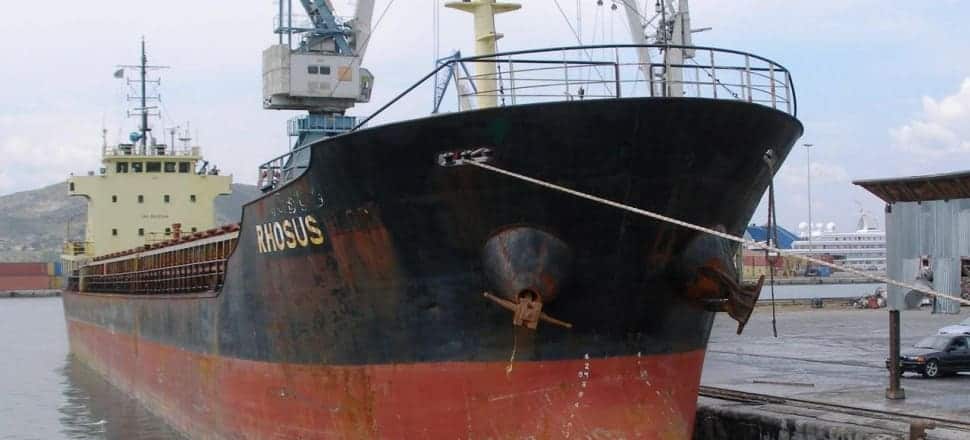
The ill-fated ship which blew up the port in Beirut was a sitting duck of dangerous explosives 'stranded in the port for years', according to CNN.
An interview with Boris Prokoshev, former captain of the ill-fated ship, was released a few hours ago. “I have no idea how Grechushkin got permission for us to dock in Beirut,” Prokoshev said in the interview with the Russian publication MediaZona, adding that in "Beirut the crew was told to load up the ship with heavy machinery". Igor Grechushkin, was reported to be living in Limassol, Cyprus.
Following Tuesday’s deadly explosion in Lebanon, certain strange connections came to light in Cyprus, including Russian national Igor Grechushkin based in Limassol and a Hezbollah-related arrest on the island back in 2015.
2.750 tons of ammonium nitrate, which is dry fertiliser, arrived in Lebanon in September 2013, on a cargo ship called 'Rhosus'. It is important to note that ammonium nitrate is banned in Lebanon.
The ship 'Rhosus' which belonged to Russian businessman, Igor Grechushkin, flew the flag of Moldova. In 2013 the ship was loaded with the fertiliser in Batumi Georgia, then headed to Mozambique. As it became known later, the shipowner had already paid a $ 1 million down payment and had disappeared with its load, without much thought about which course the ship would take, and no further thought of the ship, crew and its load.
The ship passed from Georgia to Turkey, from there to Piraeus where the ship did a refuelling stop. This is where it has been revealed that the crew hadn't been paid for months, there was a mutiny and the unpaid workers left the ship. The crew didn't even have money to buy necessary supplies and food to survive.
The shipowner then sent them to Beirut to get another load, heavy machinery. However the captain refused to take the machinery on board because the ship “could not physically take so much.” He was worried the ship would sink, as it was an old ship and "load would break the deck." By then, he said, the crew had grown increasingly angry with Greshuchnik over his failure to pay their salaries, and a partial strike ensued. This led to another mutiny.
As the ship tried to leave the port, Lebanese authorities wouldn't grant them a pass as they hadn't paid the port fees. The ship was essentially stuck. Most of crew members finally resigned and left Beirut by other means while Lebanese authorities held the remainder on board hostages until the port fees were paid. This meant that those crew members remained on board unpaid and helpless for 11 months, alone, scrounging for food in the port, only allowed to leave the ship if they were watched 'taking care of the ship', which was taking on water and had to be regularly pumped.
Eventually, they found lawyers, went to court and it is been revealed that the authorities let them leave the country, leaving the ship behind.
Authorities transported the cargo to the harbour warehouses and the ship, which after some time sank into the port without proper maintenance and having taken on too much water. Since then no one has bothered with the cargo in the warehouses when they could legally be familiarised and used in the fields as fertiliser. The load was just left there in the warehouse, becoming a rather large 'sitting duck’. And so, at some point under the right conditions, the load eventually exploded.

